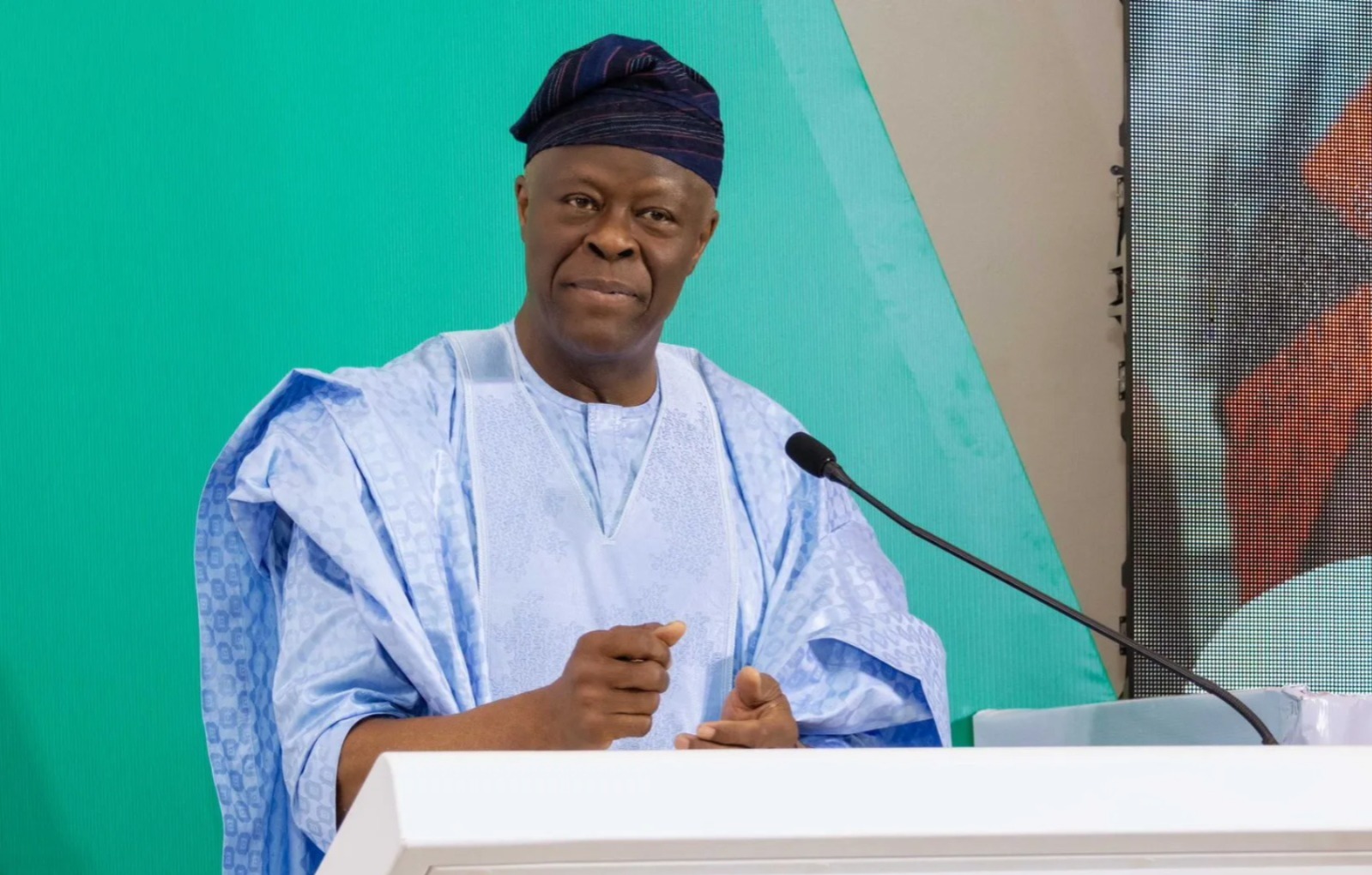Nigeria’s Finance Minister and Coordinating Minister of the Economy, Wale Edun, announced that the Federal Government is taking significant steps to reduce food importation as part of its long-term agricultural strategy. Speaking during an inter-ministerial press briefing to mark Nigeria’s 64th Independence Anniversary, Edun highlighted the progress already being made in boosting domestic food production.
He emphasized that government initiatives, such as providing farmers with high-quality seeds and seedlings, are key to achieving sustainable food security. “The Federal Government’s agricultural goals are already yielding results, with increased production and a focus on reducing dependence on food imports,” Edun said.
Addressing the removal of fuel subsidies, the minister described it as a bold and necessary move by President Bola Tinubu, which has garnered support from international financial institutions. While acknowledging the hardship it has caused for many Nigerians, Edun noted that the government has introduced various interventions to mitigate the impact, including direct payments of ₦75,000 to 15 million households. “As of last week, 840,000 payments have already been made,” he confirmed.
On developments in the petroleum sector, Edun revealed that a new mechanism has been put in place, allowing domestic operators to purchase crude oil from local refineries using naira instead of foreign currency—a key innovation aimed at strengthening the local economy.
The Finance Minister also expressed optimism about the broader economy, citing progress in stabilizing the exchange rate, curbing inflation, and bolstering the nation’s foreign reserves. “Efforts to stabilize the economy are bearing fruit,” he concluded.









